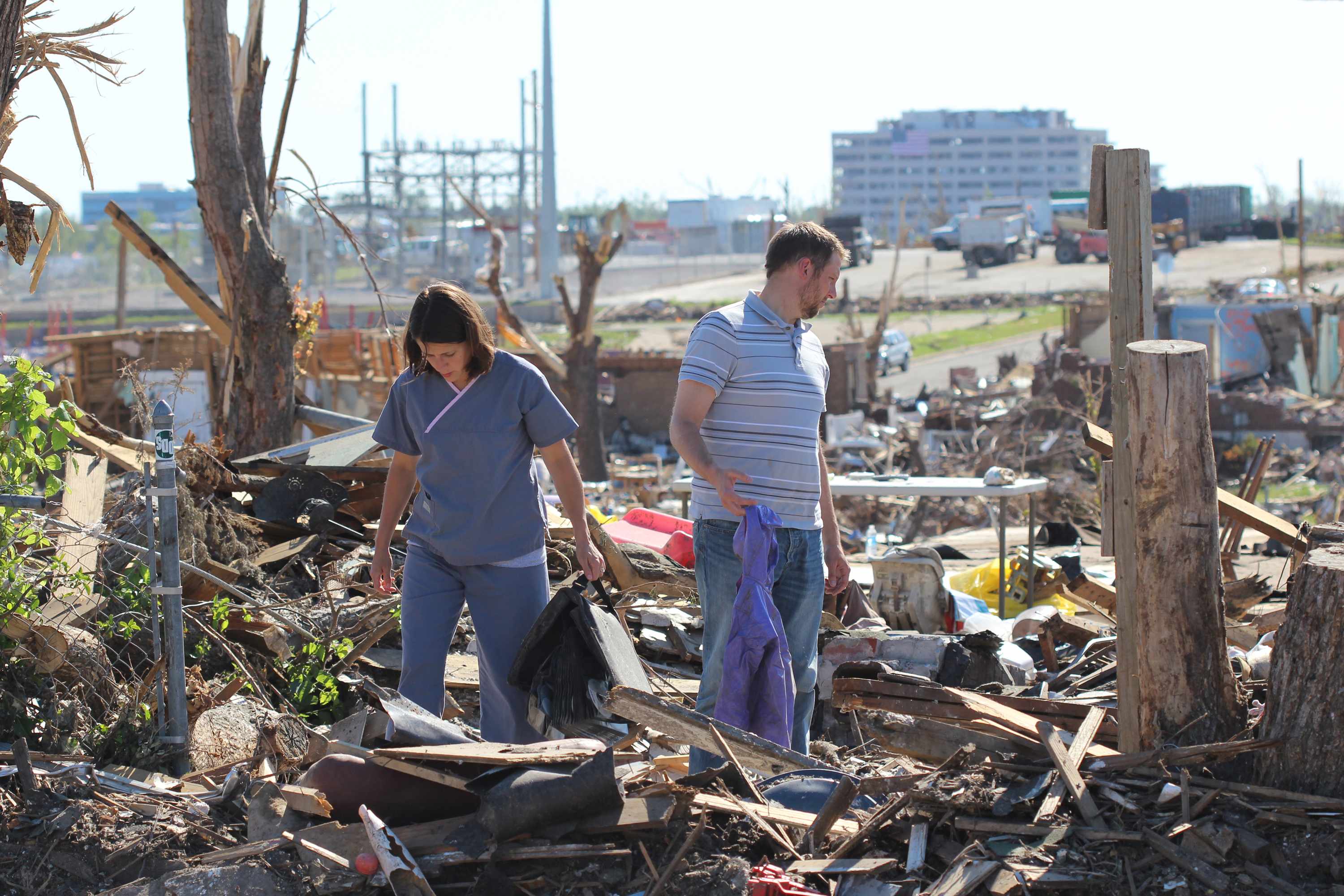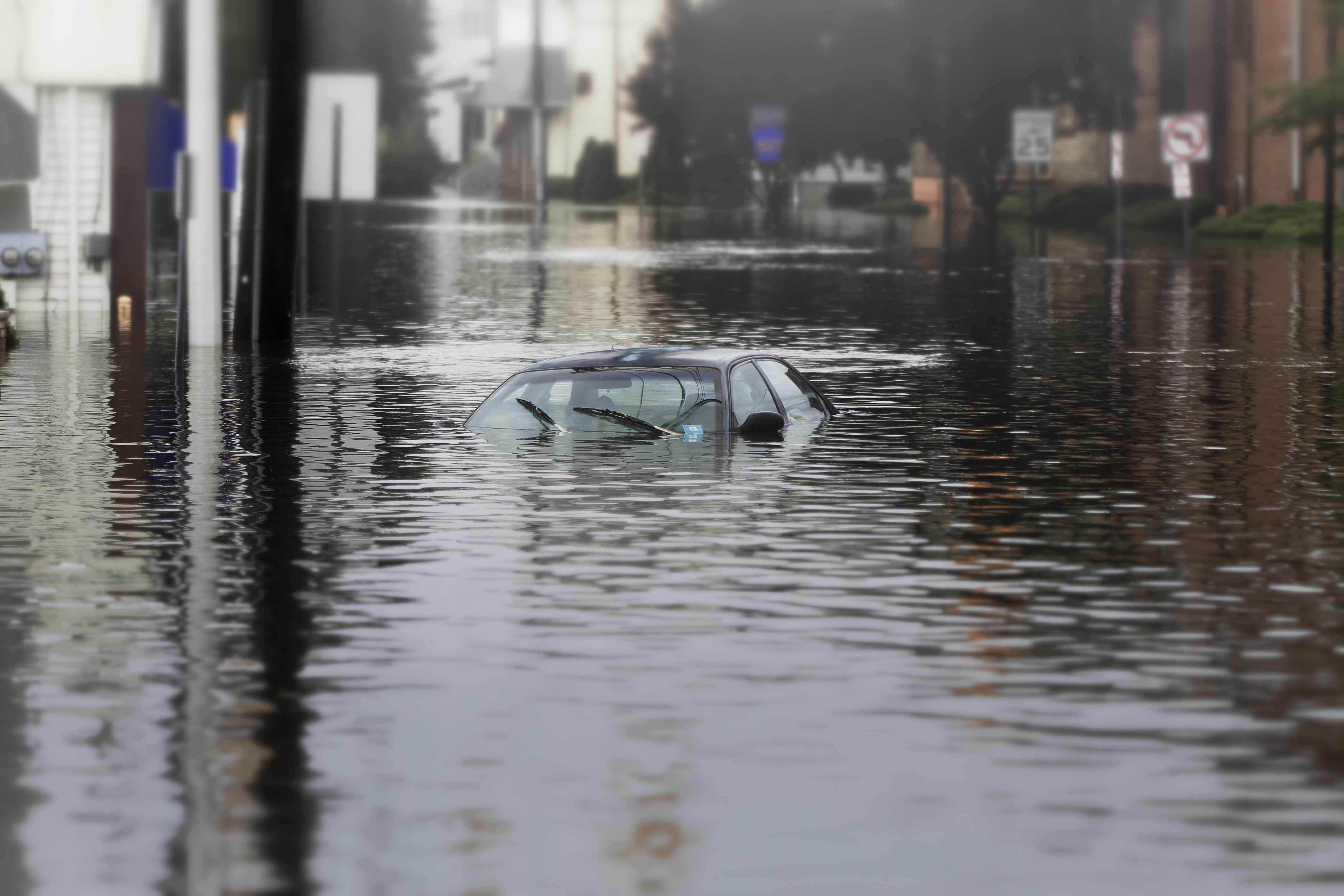-
Hurricane Season Part III: Safety reminders for after the storm

The Atlantic hurricane season runs from June 1 to Nov. 30. In this final part of a three-part series, here are some medical safety steps to consider after the hurricane has passed.
Though preparation is likely the most important part of staying safe during a hurricane or severe weather, risks remain once the threat has passed.
Dr. Michael Boniface, a Mayo Clinic emergency medicine physician, says injuries tend to spike after storms have passed as a result of cleanup activities. His advice to remain safe includes dressing appropriately and being aware of your surroundings.
“Flood waters and standing waters are the biggest contributors to injury, illness and death following a storm,” says Dr. Boniface. “There is a lot of additional water, and it’s important to avoid floodwaters and any standing water.”
Aside from a risk of drowning, Dr. Boniface says it’s often hard to see what's beneath the surface.
Watch: Dr. Boniface discusses safety after the storm.
Journalists: Broadcast-quality sound bites with Dr. Boniface are in the downloads.
“Many of the injuries we see spike are those related to storm cleanup and exploration after the storm, including lacerations, puncture wounds, falls and chainsaw injuries,” he says.
Dr. Boniface recommends avoiding do-it-yourself projects, unless you’re skilled with the equipment. And he advises wearing protective clothing and insect repellant.
“When surveying your property or exploring damage following a storm, make sure you’re dressed appropriately. This is not the time to walk around in shorts and flip-flops, as you risk exposure from storm debris,” says Dr. Boniface.
He suggests a long-sleeved shirt; long pants or jeans; hard soled, closed-toe shoes or boots; thick gloves; and insect repellant.
Lastly, heed local authorities about returning to your home after a storm and boiling water.
Hurricane preparation lists and other tips are available from many sources, including:
- Centers for Disease Control and Prevention
- Federal Emergency Management Association
- Department of Homeland Security
- City and state government offices
- Local news stations








